Ride! Is the helmet really that important?
 Aug 23,2022
Aug 23,2022

Imagine a clear and sunny day when you are ready to glide.
Wait a minute. Are you wearing a safety helmet?
Children may find it uncool and uncomfortable to wear helmets, or they may simply dislike helmets.
As a parent, you might think, "there's nothing wrong with me. I've grown up without a helmet. Isn't it okay?"
So, is the helmet that important?
A firm and definite answer: yes.
The brain is a magical thing that controls most of our lives, such as our ability to see, breathe, think, feel, judge and act.
Imagine how the loss of these basic functions will affect our lives!
For children whose brains and skulls are still developing, protecting the head is more important.
The head is so fragile that it does not require a severe blow to cause injury.
Therefore, it is very important to wear a helmet when cycling, whether on a scooter, a bicycle, or even a balanced bike.
Wearing a helmet is so important that some states in the United States legally require cyclists to wear it, and 22 states, including Columbia, have legislation to protect cyclists.
So why do legislators intervene?
As early as the report released by the Consumer Product Safety Commission in 1995, 300 children were killed in bicycle accidents each year, and more than 400000 children were injured in bicycle accidents, which is almost the cause of the highest mortality among children aged 5 to 14.
It is estimated that safety helmets prevent 75% of fatal brain injuries and 85% of non-fatal brain injuries, which is the main reason why parents insist that their children wear helmets.
Generally speaking, accidents happen all the time, but getting into the habit of wearing helmets can help reduce the likelihood of serious injuries.
Can all the helmets protect us?
Of course not!
In fact, the most direct way is to read the instructions on the box, if you are preparing for the exercise listed on the instructions, then congratulations on using the appropriate helmet.
Then, check that the helmet complies with the necessary safety regulations, and most helmets can meet the corresponding standards.
Finally, choose the right size.
If a helmet is not the right size for you, it does not provide the security it deserves.
The helmet must match the circumference of the head.
Our salespeople often receive inquiries like, "my child is 7 years old. What size helmet is he suitable for?"
We do not recommend choosing helmet size according to age. Accurate measurement of helmet circumference is the right way to choose helmet. Only in this way can you choose the right helmet.





 Home
Home 133rd Canton Fair booth No. : Phase 3 9.3J01-J02
133rd Canton Fair booth No. : Phase 3 9.3J01-J02
 You May Also Like
You May Also Like
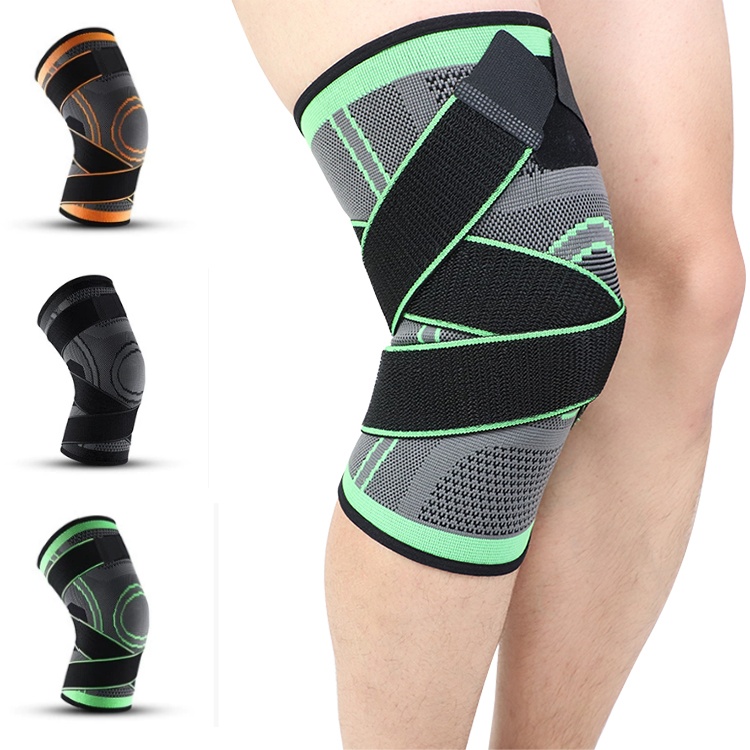

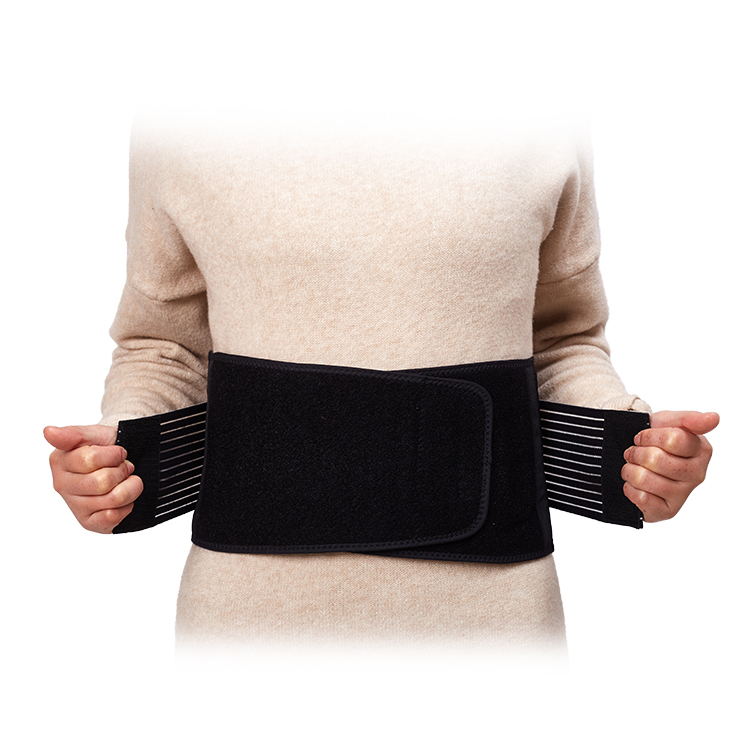
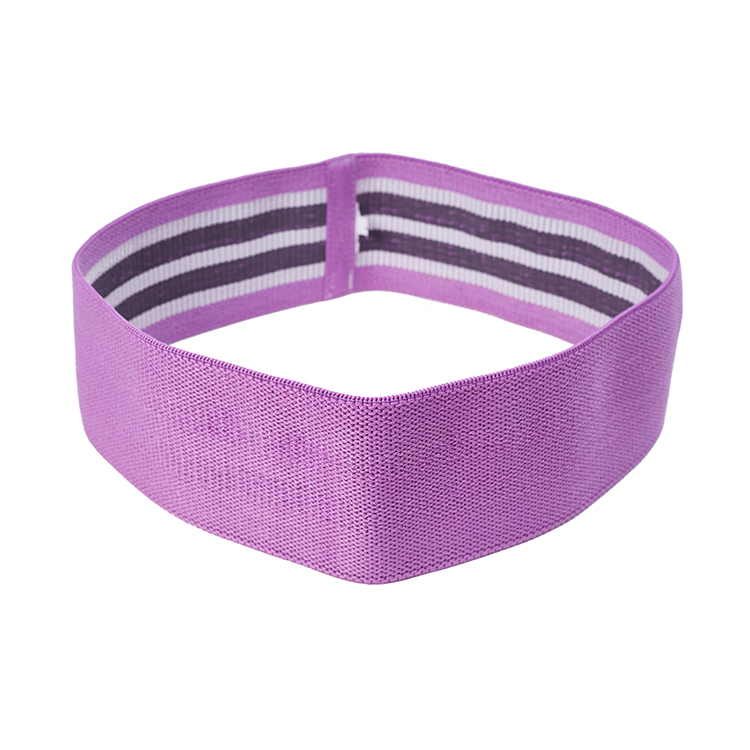
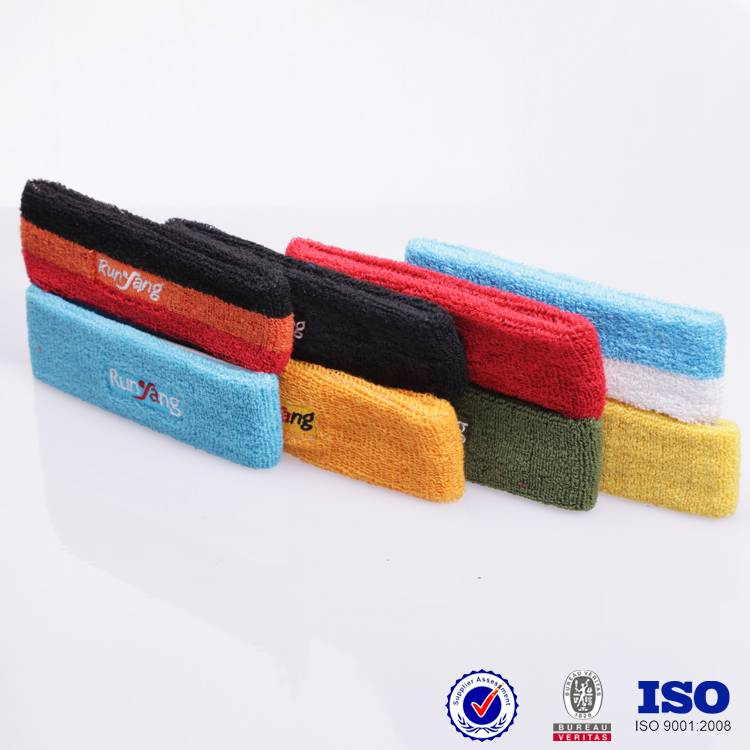

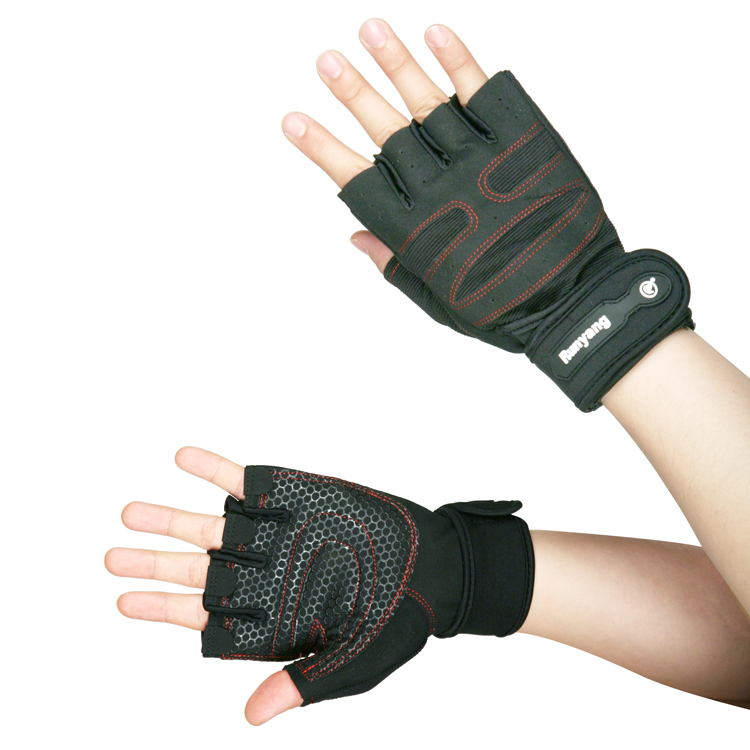
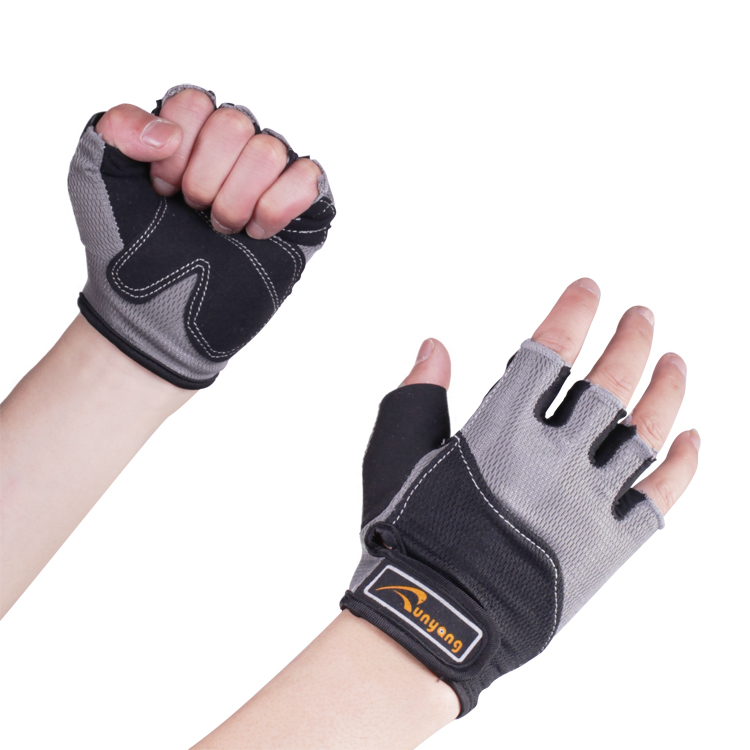
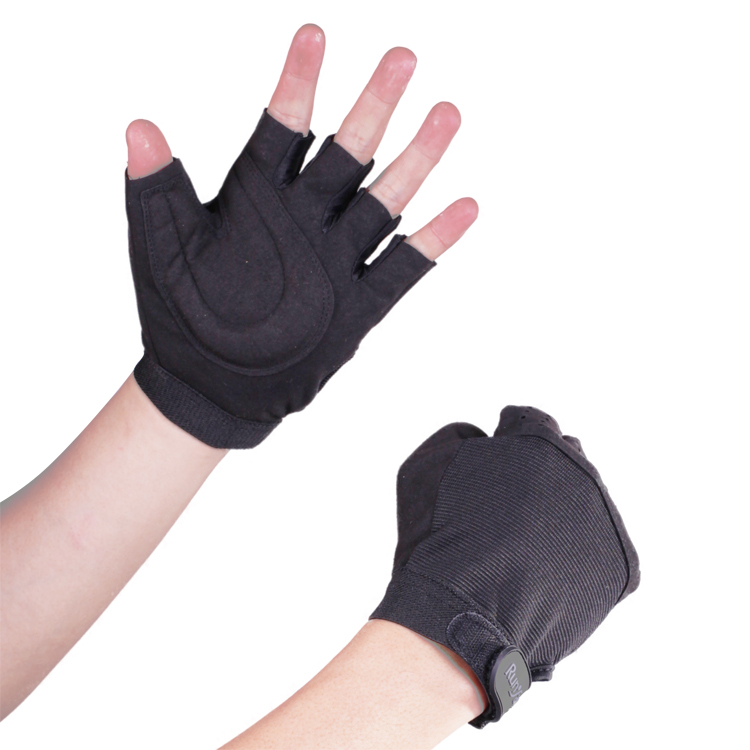

 Tel
Tel
 Email
Email
 Address
Address










